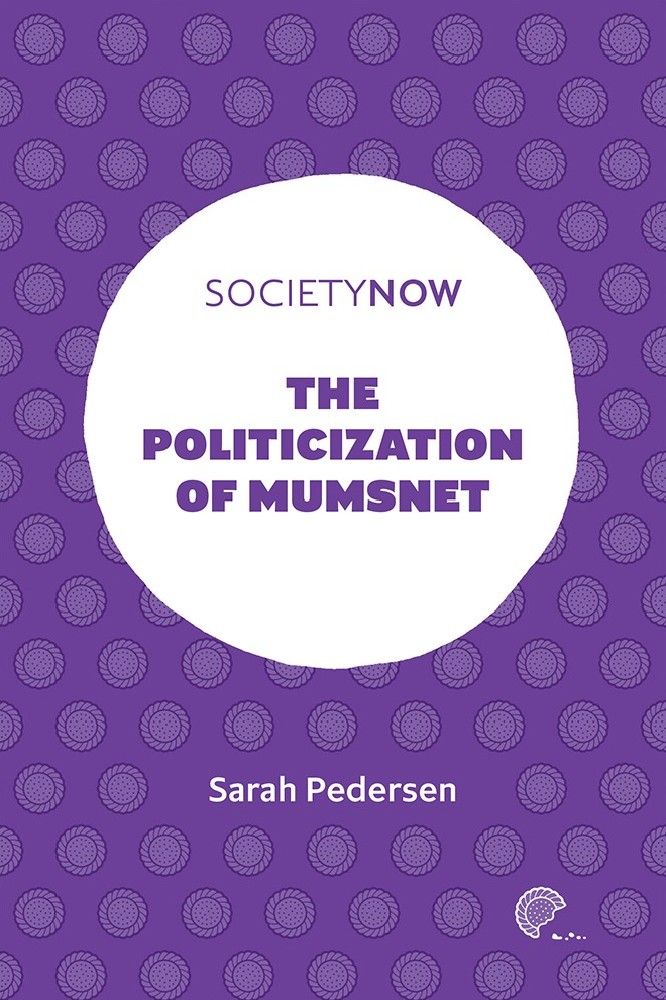The online parenting forum is 20 years old this year, so what do you need to know before venturing on the site?

The Politicization of Mumsnet
1. It’s big. Mumsnet was founded in 2000 by a sports journalist and TV producer who met at antenatal classes. The stated aim of the site is ‘To make parents’ lives easier by pooling knowledge and experience’ and it is now the largest parenting website in the UK, claiming around 10 million unique visitors per month, who clock up 100 million page views.2. It has its own vocabulary. Like many online forums, Mumsnet uses lots of acronyms. Your family are ‘Darling Daughter (DD), Darling Son (DS) and Darling Husband (DH)’ – or just H if you’re not in a good mood with him. One of the most popular topics for discussion is titled AIBU – Am I Being Unreasonable? (Of course not).
3. It’s campaigning. Mumsnet’s campaigns have sometimes been what might be expected of a forum focused on parenting, such as campaigns to improve miscarriage care and better parental leave policies. However, other campaigns have reflected the problems Mumsnet HQ has faced as publishers of user-generated content, leading to a role in the Libel Reform Campaign. Mumsnet campaigns also reflect a growing feminist voice on the site, which has led to campaigns such as We Believe You and Let Girls Be Girls.
4. It’s influential. Politicians like to think they can connect with female voters through Mumsnet. In particular, they undertake webchats on the site during elections with a view to wooing floating women voters. David Cameron undertook the first webchat in 2006 on his return from paternity leave and over 100 political webchats have happened since, with everyone from Boris Johnson and Jess Phillips to Nigel Farage appearing on the site.
5. It’s obsessed with biscuits. Or is it? Journalists always comment on the ‘favourite biscuit’ question posed during these Mumsnet webchats – but rarely note the many questions on policies and politics. In fact it tends to be politicians who bring up their favourite bourbon cream or digestive - sometimes it seems to be the only preparation they have done…
6. It’s a go-to source for journalists seeking the female viewpoint on a variety of issues, not necessarily related to mothering. Hence the global coverage of stories such as the ‘penis beaker’ post where one Mumsnetter asked whether her husband’s hygiene practices were, well, quite normal.
7. It’s become a central part of a resurgent women’s rights movement in the UK. Stimulated by proposals by the governments in Westminster and Holyrood to reform the Gender
Recognition Act, gender-critical women have formed grassroots organisations to raise their concerns and lobby the government and other stakeholders. Mumsnet’s role within this wider movement has been as a safe space where gender-critical women can share information and support and also plan agitational activities either elsewhere online or in real life.
The Politicization of Mumsnet by Sarah Pedersen (Emerald Books, £16.99, PB) publishes on 15th October

